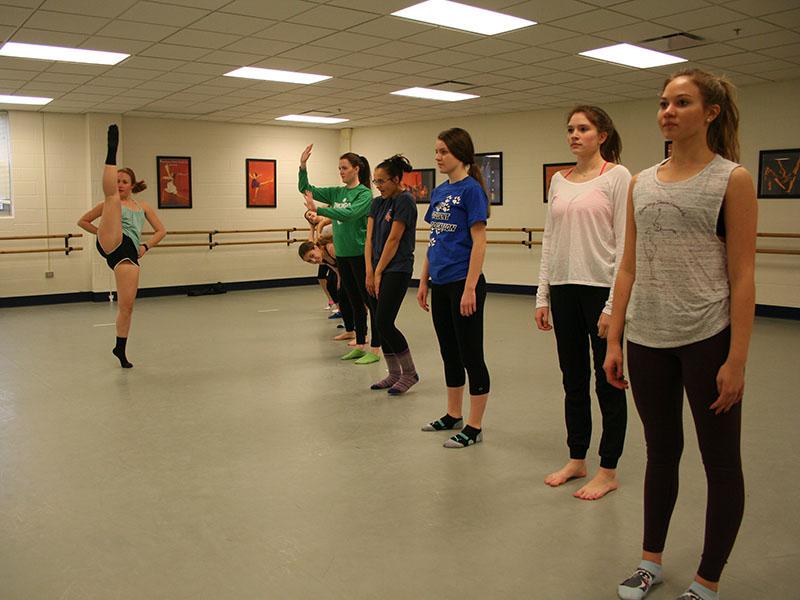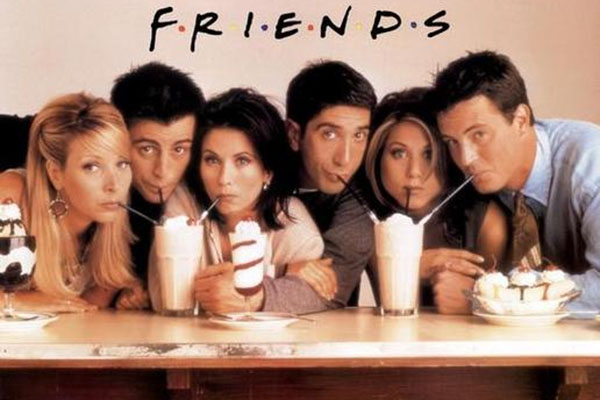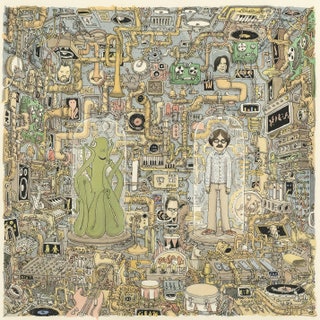Since returning from a three year hiatus with 2008’s “Weezer (The Red Album)”, the alternative rock band Weezer has released two albums in two years. The first was “Raditude,” which was released on November 3, 2009. The second is “Hurley,” which was just released on September 10, 2010. Both “The Red Album” and “Raditude” had a different sound than what fans of the band were used to.
“The Red Album” had a more experimental sound; every band member had a lead vocal on a song. “The Red Album” also had the song “The Greatest Man That Ever Lived (Variations on a Shaker Hymn),” which is considered one of the most unusual and interesting Weezer songs to date. The six minute track is split into thirteen themes including imitations of other bands including Green Day, Nirvana, and Slipknot. Front man Rivers Cuomo called the song “the most ambitious” song he’s ever written, and his favorite. Overall, “Weezer (The Red Album)” got mixed to positive reviews and was a pretty average album with a few very bright spots.
2009’s “Raditude” had a much different sound than “The Red Album”. The album had more of a mainstream pop sound than their previous album, and front man Rivers Cuomo was the only lead vocalist on the album. One of the bigger songs on the album, “Can’t Stop Partying,” featured rapper Lil Wayne. Although “Raditude” was a pretty good album in terms of Weezer’s mainstream pop sound, it didn’t really make an impact in their career.
With two somewhat unsuccessful albums the last two years, Weezer left their old record company Geffen Records. Instead of signing with a huge record company, they decided to sign with the independent label Epitaph. The band considered self releasing their next album, or releasing it online before deciding to sign with the independent label.
“Hurley” is different than Weezer’s previous few albums because the sound of the songs compare to Weezer’s first three albums. Most fans consider that time as the prime of the band’s career, with a more alternative rock sound than the pop sound they displayed in “Raditude”. In “Hurley”, Weezer is able to blend power pop style choruses with rock riffs and Weezer’s famous unusual musical timing.
A perfect example of the interesting sound in “Hurley” is the fifth song on the album “Where’s My Sex?” The song is sort of a joke song because the song is supposed to be “Where’s My Socks?” but with the word sex instead of socks. This is done because front man Rivers Cuomo’s daughter once mispronounced socks with sex. This results in some interesting and comical lyrics because it makes sense with the word sex in there, but it makes more sense with the word socks.
If that wasn’t enough, the song also goes through a few sudden changes in tempo in the last minute of the song similar to “The Greatest Man That Ever Lived (Variations on a Shaker Hymn)” and “Dreamin’” off “Weezer (The Red Album) that really makes the song stick out. The tongue in cheek style of the lyrics and the complexity of the music gets “Where’s my Sex” compared to many songs off their cult classic album “Pinkerton”.
“Memories” is the first single and opening track of the album. Although it is a great song the album really sets off during the second song “Ruling Me”, which is the best song on the album. The verses are driven by a strong guitar riff and a good drum beat, but it’s the incredible chorus that really makes the song stands out. The song is a perfect baby of the guitar heaviness of “Weezer (The Green Album)” and the alternative pop sound of “Weezer (The Blue Album)”.
There are a lot of other great songs on “Hurley” including the musically and lyrically unique “Hang On”, which features a partial backing vocal from Michael Cera on the songs hook. The album closes with “Time Flies”, which is a folksy acoustic song that resembles Led Zeppelin’s numerous folk songs like “Going to California” or “Gallows Pole”, or The White Stripes classic “I’m Bound to Pack It Up”.
Overall “Hurley” is a breath of fresh air from Weezer that fans have been waiting for since “Pinkerton”. The songs have less of a pop feel compared to their previous few albums, but still come up with great alternative pop hooks and choruses that garner comparisons to their first two self-titled albums. This is easily their best effort at recreating the raw sound of “Pinkerton” since the 1996 album came out, and that’s a good sign for Weezer fans.



















John Doe • Oct 1, 2010 at 12:28 pm
Thank you for NOT giving something a 10/10.